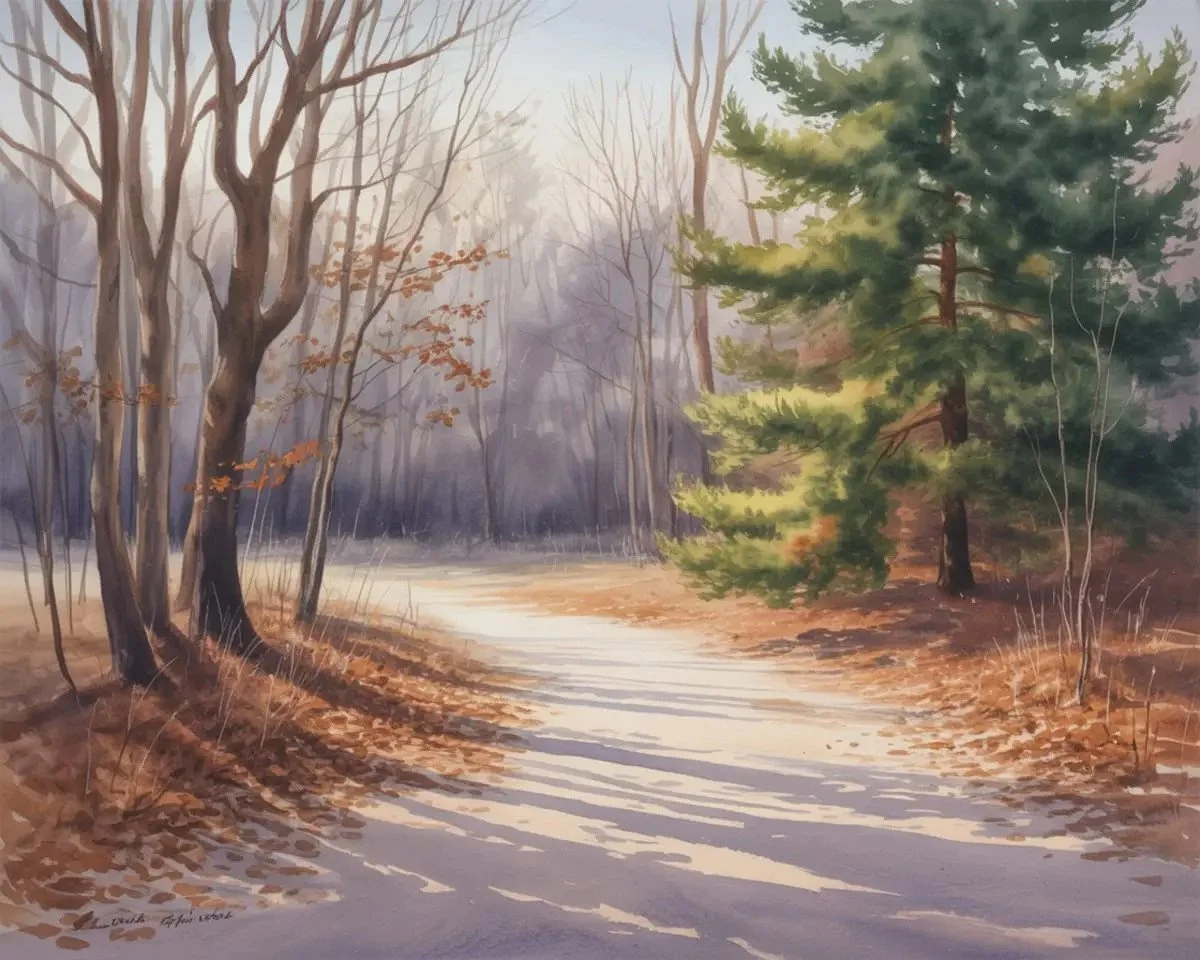How to Stop
We were sitting at lunch on a quiet afternoon in Lisbon. A friend was visiting, passing through for a few days, carrying with him the subtle weight of a question he wasn’t exactly asking, how to slow down. He spoke of a growing desire to step back, to soften his pace, to live differently. I listened. I nodded. I smiled.
Then I paused.
And in that pause, I began to wonder if I had anything true to say. It’s been four years since I stepped down from the role of CEO. Four years since I moved to Portugal and left behind a version of life that once pulsed with urgency. From the outside, it might look like I slowed down. But from the inside, the story feels less certain.
Last week, I was in London. A city I know well. A city that knows me well, too.
Almost without thinking, I filled my calendar. Booked back-to-back appointments. Walked fast. Talked faster. Fit it all in. And as the days went by, I realized no one had asked this of me. No one expected it. I did. I carried that rhythm with me, like an old jacket I didn’t realize I was still wearing.
There was a kind of pride in the packed schedule. A subtle satisfaction in moving with speed. And yet, a quiet voice inside was asking: who is this for?
I used to think slowing down was a destination. That leaving my title and office behind would be enough. That changing countries would change tempo. But the truth is, nervous systems aren’t updated by job titles or postal codes. Habits don’t surrender as easily as business cards do.
Productivity, I’m learning, dresses itself up in new costumes. When it’s not work, it’s social plans. When it’s not meetings, it’s creative projects. Momentum doesn’t care about the source, it just wants to keep going.
Which got me thinking: maybe I haven’t been slowing down at all. Maybe I’ve just been rebranding movement. Walking a little slower, but still circling the same track. What if the real shift isn’t in how fast I move, but in whether I move at all?
A few days into the London trip, one of my planned apartment stays suddenly fell through. I found myself with a free morning, an opening in my day that hadn’t been there before. I thought I'd feel relief. Instead, I felt unease. That agitated impulse to do something with the time. Make the most of it. Fill the blank space.
It was startling to notice just how uncomfortable stopping can feel. Not because there's so much to do. But because of how much of my identity has been built upon motion.
There’s a kind of fear in stopping. Of becoming invisible. Of being seen as less useful, less successful, less relevant. We treat rest as recovery only when we believe we’ve earned it. As though permission must be granted.
But what if stopping isn’t failure or retreat? What if it’s something else entirely?
On flights. On silent retreats. In meditation. During fasting. These have become small training grounds. Moments where life slows not by choice, but by condition. My body, when offered stillness, doesn’t always welcome it. There’s discomfort. Restlessness. A buzzing under the skin. But over time, something loosens. Something softens. And in that softening, there's a remembering of something older than movement.
I’ve started to feel that stopping isn't absence. It’s presence of a different kind. Not a void, but a clearing. Not an end, but a pause that allows something new to take root.
Trees don’t slow down for winter. They stop. They shed. They enter stillness with a kind of grace not born from effort but from rhythm. And then, without effort, they bloom again. Nature doesn't try to find a better pace. It simply listens to its own internal seasons. Maybe that is what’s needed, not to force a slower life, but to listen for where life is asking to rest.
Perhaps slowing down is still, in some hidden way, about achievement. Stopping, though, asks for something else. It asks for surrender.
Not necessarily of everything. Even a single meeting left unscheduled. A moment not filled. A breath taken without intention. These can be stops.
It doesn't have to be dramatic. It can be quiet. Gentle. A choosing not to move forward just for the sake of motion. A willingness to not replace what has ended with something new, at least not right away.
Toward the end of lunch, my friend and I sat in silence. The kind of silence that comes not from lack of things to say, but from the weight of something understood. We smiled. Not in certainty, but in recognition.
Maybe what we’re learning isn’t how to slow down. Maybe we’re just remembering how to stop.
And that is how I learned to stop.




